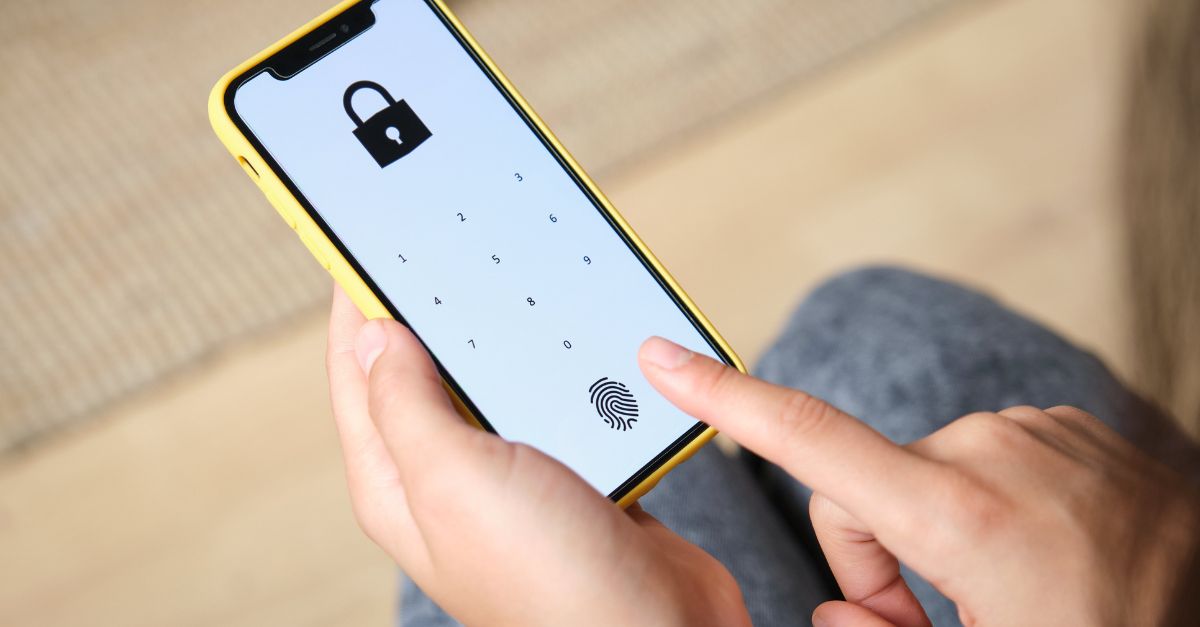AI has become a game-changer for enterprises as more businesses begin to leverage its power to automate time consuming processes and reduce administrative workloads. However, business leaders are not the only ones leveraging this technology. Cybercriminals are cunning and are also adopting AI to enhance their attack techniques. For enterprises, defending against the malicious uses of AI is an uphill battle and staying ahead of the game requires relentless vigilance. AI enabled attacks have the advantage of creating ever evolving techniques to breach their targets, and as such, defending against them requires a proactive, robust security posture.
Digital Signing is Key to Securing Vital Data Assets
CEOs and security teams in every industry are facing increasing challenges when it comes to the security of their data assets. In light of the rising value of data as a business commodity, reaching 64.2 zettabytes created, captured, copied and consumed globally in 2020, and therefore a growing cybercrime target, the security and authentication of digital documents have become crucial.
Digital signing services can protect organizations against the growing AI threat by providing a secure and reliable way to sign and verify digital documents. This process ensures that documents have not been tampered with and are from a trusted source. This is done using encryption algorithms that make it virtually impossible for anyone to alter the document without detection.
In addition, digital signing services use advanced security measures such as multi-factor authentication, encryption, and secure key management to protect against unauthorized access and data breaches. These measures help ensure that only authorized users have access to sensitive information and are protected from cyber threats.
Digital signing services use strong cryptographic algorithms, such as Public Key Infrastructure (PKI) to create digital certificates. These algorithms provide mathematical security and are resistant to attacks, including those posed by AI algorithms. Digital certificates are unique to each signer and cannot be forged. By applying a digital signature to AI-generated content, the origin and authenticity of the data can be established, mitigating the risk of malicious AI manipulation.
PKI is a framework that manages the creation, distribution, and verification of digital certificates, which are essential for digital signing. PKI ensures the authenticity and integrity of digital signatures by using a trusted Certificate Authority (CA) to verify the identity of signers.
Digital signing services use private keys to generate digital certificates. Private keys are typically stored in secure hardware devices or secure software containers with strong encryption and access controls. This prevents unauthorized access to the keys, mitigating AI threats that attempt to compromise them.
If a private key is compromised or a signer's authority is no longer valid, digital signing services employ mechanisms for certificate revocation. This includes Certificate Revocation Lists (CRLs) or Online Certificate Status Protocol (OCSP) services, which allow relying parties to check the status of digital certificates and ensure they haven't been revoked.
Plus, the timestamping functionality within digital signing services provides an independent and trusted record of the time when a signature was created. Timestamping helps establish the chronological order of digital signatures, preventing AI attacks that may attempt to manipulate or forge signatures.
The Importance of Choosing a Comprehensive and Certified Digital Signing Service
Reputable digital signing service providers undergo regular security audits and may hold certifications like ISO 27001. This international standard details the requirements for establishing, implementing, maintaining, and continually improving an information security management system (ISMS). The goal of ISO certification is to assist organizations in making their data assets more secure. These audits help to identify vulnerabilities and ensure proper security measures are in place, including protection against AI threats.
Final Thoughts
By incorporating digital signing services into AI workflows and data pipelines, organizations can enhance the protection of their systems and data against the growing AI threat. Digital signing services with advanced monitoring systems can detect suspicious activities, including potential AI-based attacks.
Machine learning algorithms analyze patterns and identify anomalies, allowing for early detection and rapid response to emerging threats. With the rapid evolvement of AI and escalating cyber threats, digital signing services providers must continually adapt their security measures and stay up to date with the latest advancements. Using a reputable DSS can provide organizations with the robust security, verification, authenticity, and trust they require for document protection.
Learn more about GlobalSign’s Digital Signing Service (DSS)
Note: This blog article was written by a guest contributor for the purpose of offering a wider variety of content for our readers. The opinions expressed in this guest author article are solely those of the contributor and do not necessarily reflect those of GlobalSign.







